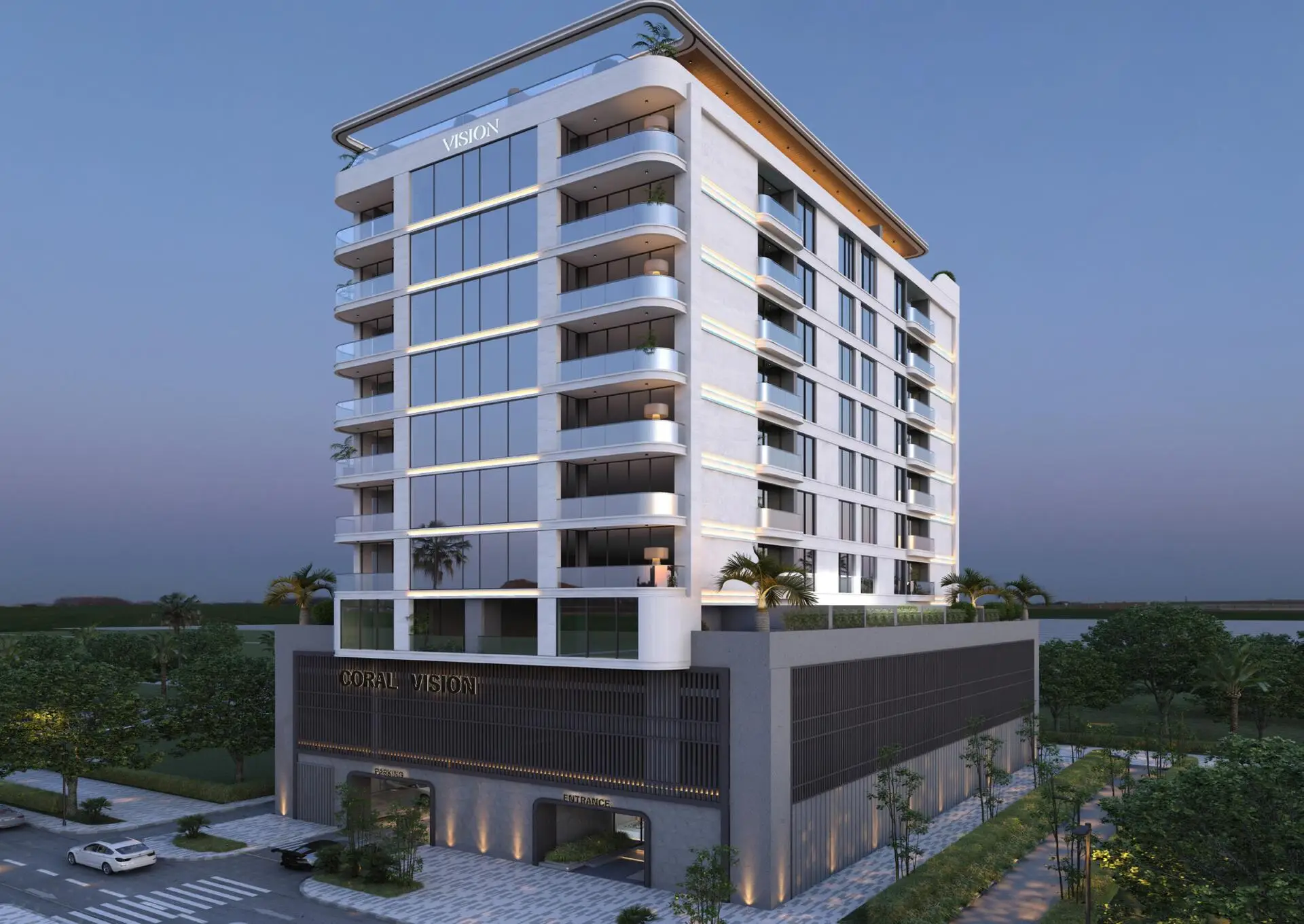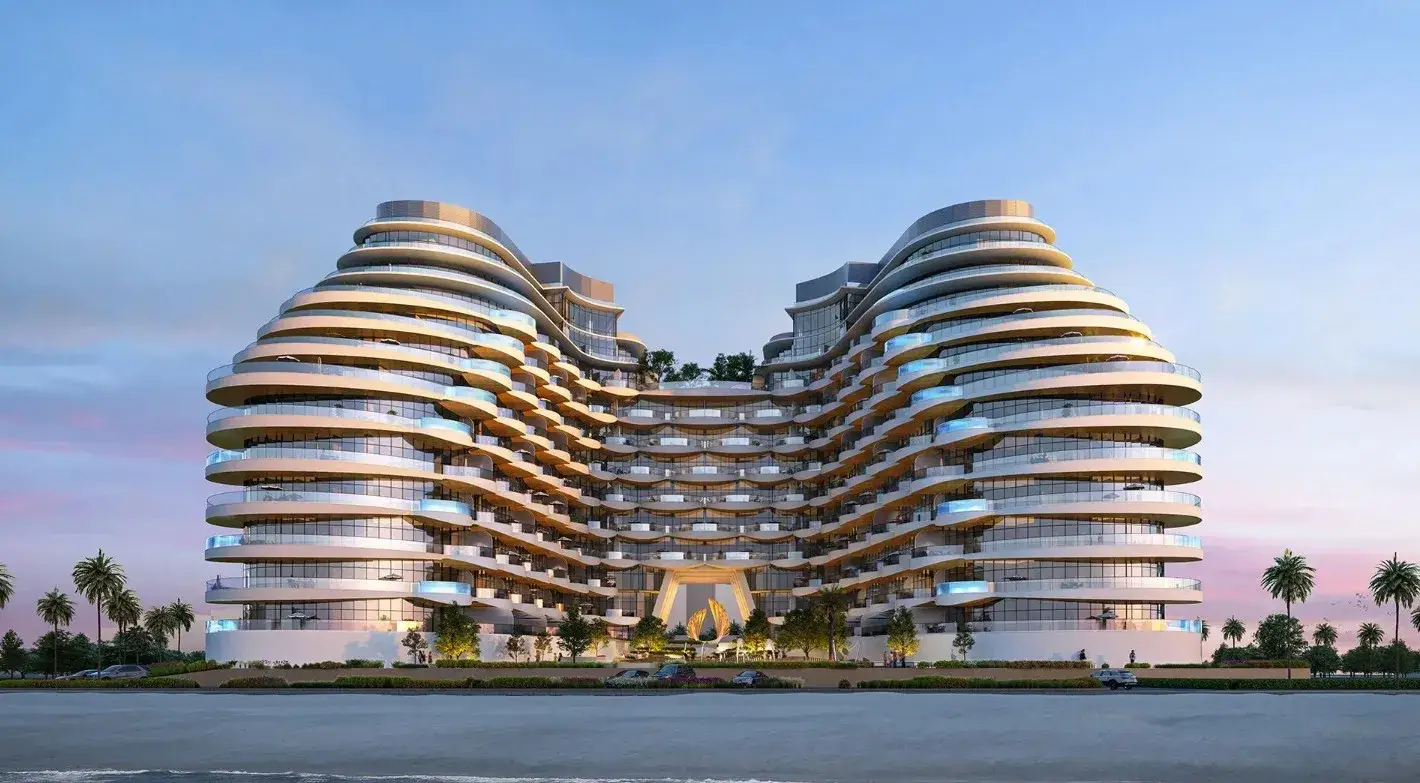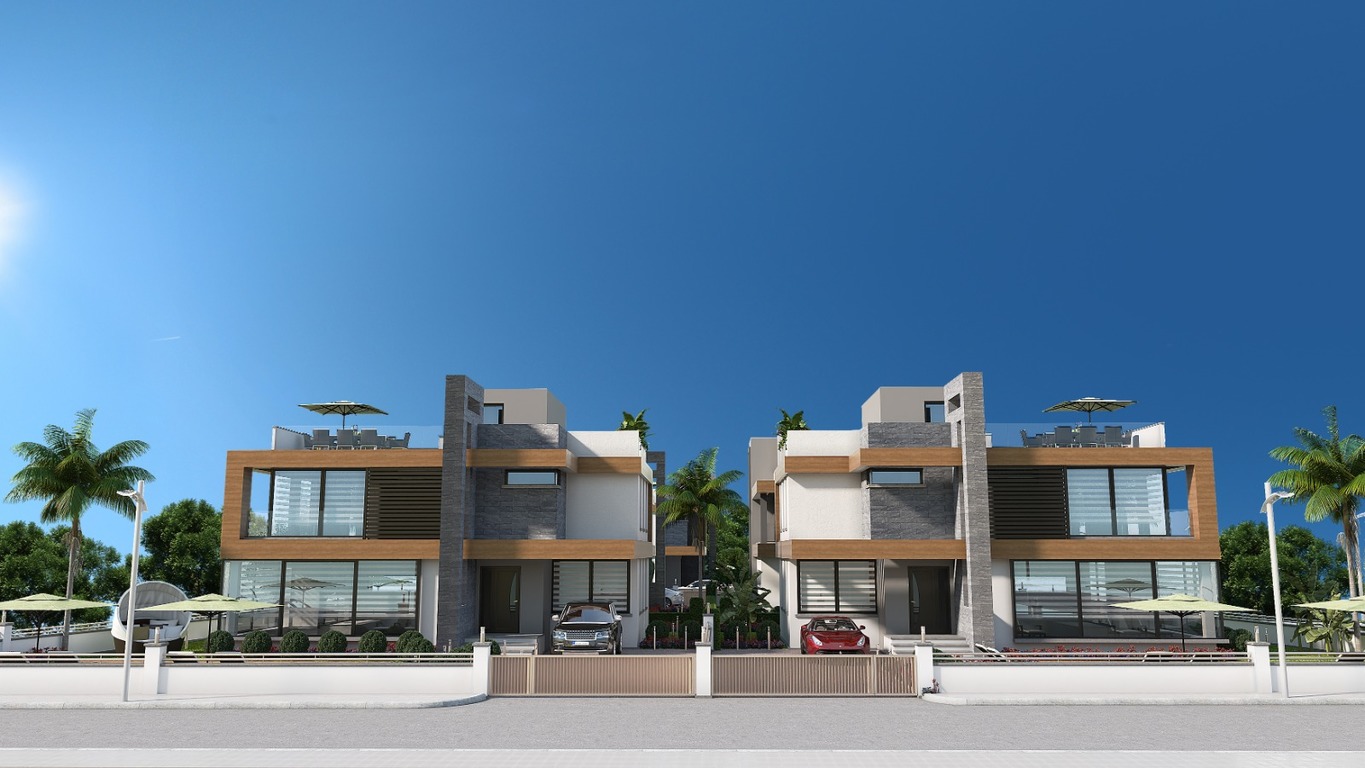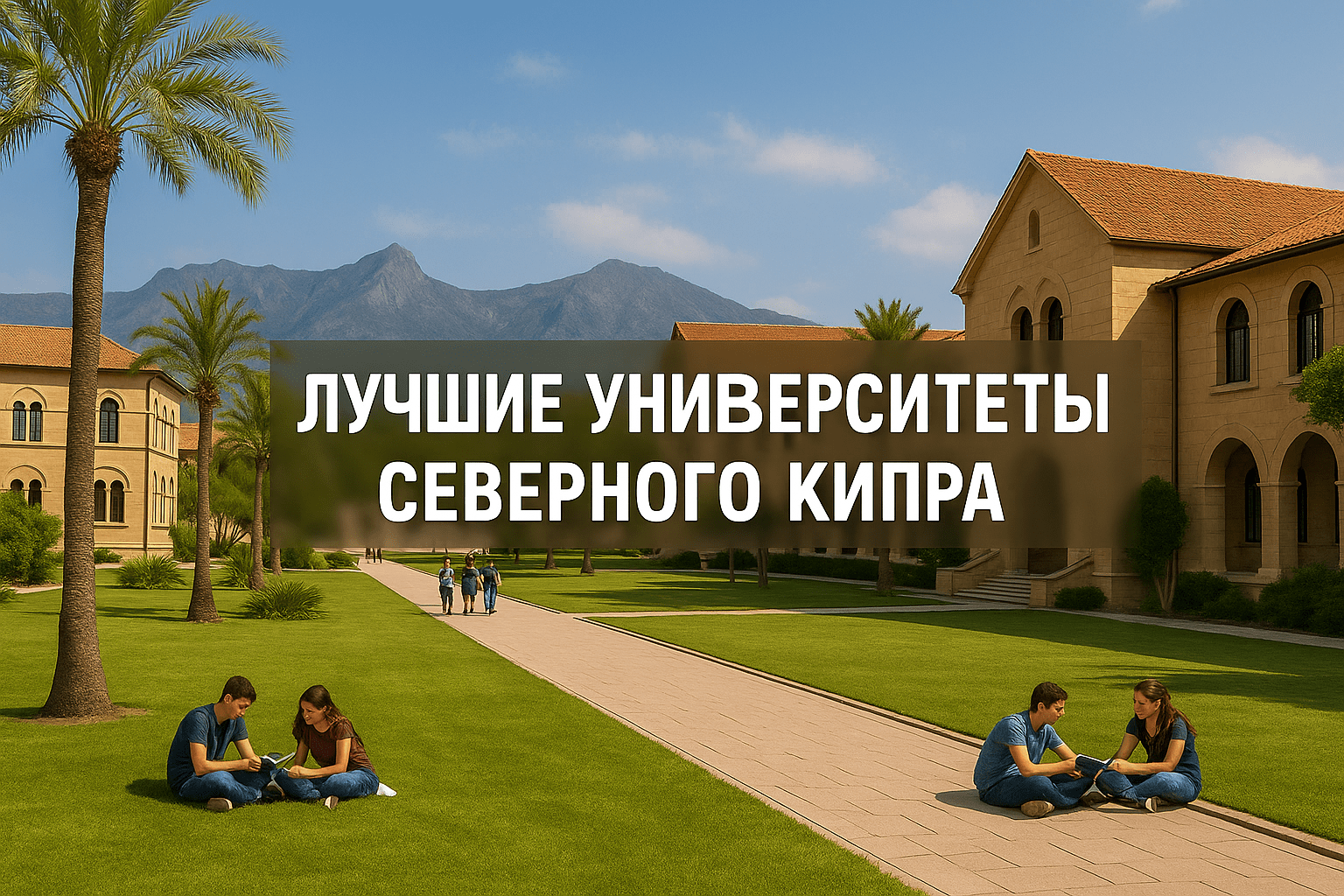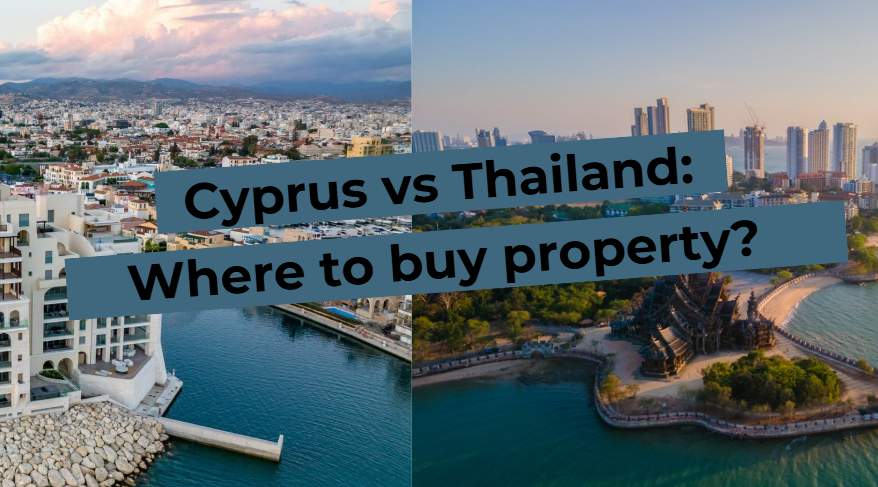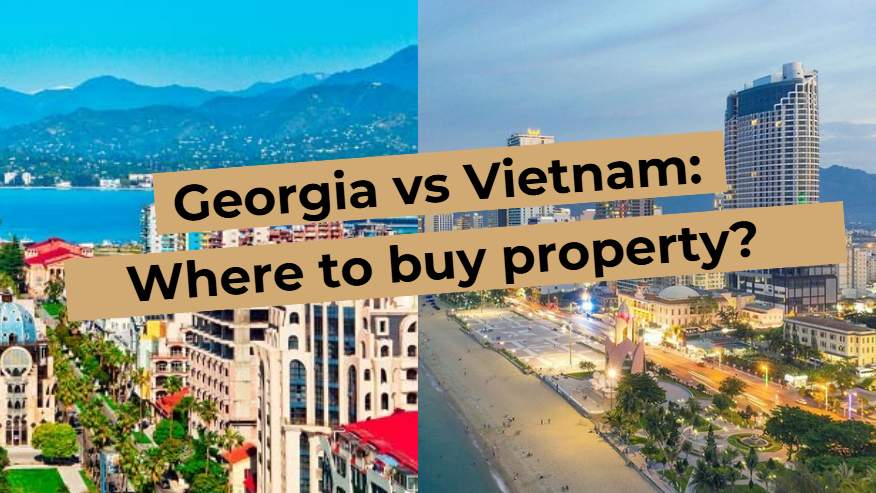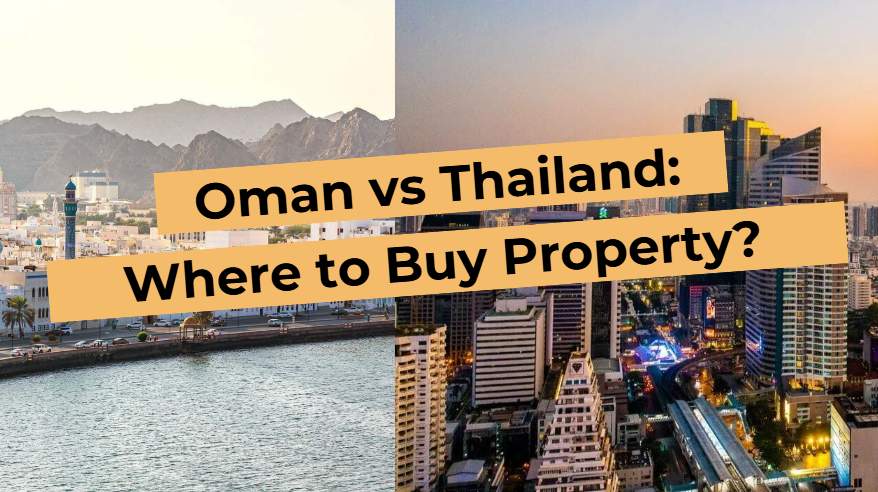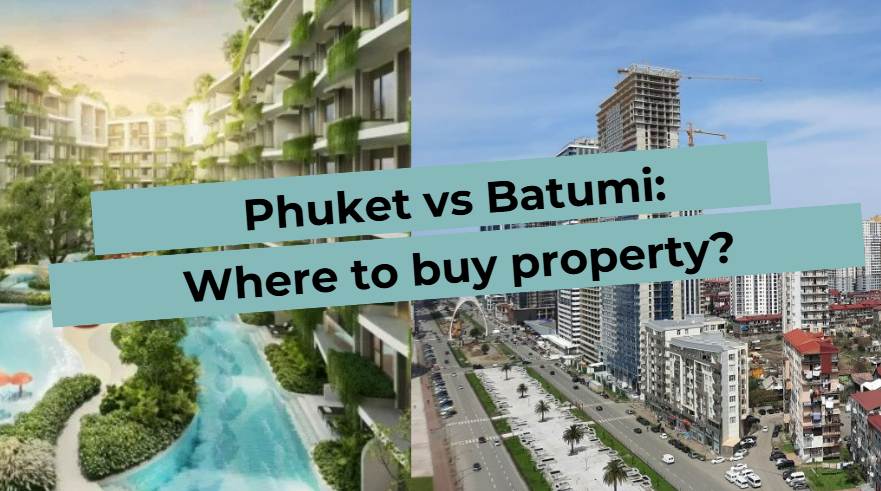
Buying real estate in Spain for a foreigner


Spain is not just a country with gorgeous beaches and delicious food, it is a real find for those who want to invest their money in real estate. Every year thousands of foreigners choose this sunny country to buy a home, whether for vacation, permanent residence or investment purposes. In this material we will understand why Spain is so attractive to foreign buyers, what legal aspects should be considered, and how the process of buying real estate.
Why do foreigners choose Spain to buy real estate?
Climate and lifestyle
When I visited Spain for the first time, I was struck by how everything here breathes life. The sun shines almost all year round, and the warm climate creates ideal conditions for living and relaxing. Imagine: in the morning, you are enjoying a cup of aromatic coffee on the terrace overlooking the sea, and around you can hear the sounds of laughter and conversation. Spaniards know how to enjoy life, and this feeling is transmitted to all who find themselves here. It is no wonder that many foreigners choose Spain to buy real estate - it is not just a place to live, it is a lifestyle.
Developed infrastructure and accessibility
Spain pleases not only with its climate, but also with its well-developed infrastructure. Transportation hubs such as airports and railway stations provide easy access to other regions of the country and beyond. Major cities such as Barcelona and MadridYou will find everything you need: medical facilities, schools, stores and restaurants. For example, Valencia has excellent international schools, making it a particularly attractive city for families with children.

Investment attractiveness
When it comes to money, Spain is a gold mine for investors. The constant demand for rental housing, especially in tourist areas, makes buying real estate a profitable investment. I remember how my acquaintance bought a small apartment in Malaga and a year later was already earning more on rent than he expected. Real estate prices in Spain are rising, and this creates excellent prospects for those who want to invest their money wisely.
Legal aspects of buying real estate for foreigners
Basic laws and requirements
Many foreigners often wonder: "Can I even buy real estate in Spain?". The answer is yes! Spanish law allows foreigners to purchase housing without any restrictions. This means that you can become the owner of an apartment on the coast or a house in a picturesque village without fear of bureaucratic obstacles.
Requirements for residents and non-residents
However, it is worth bearing in mind that the purchase process may be slightly different for residents and non-residents. For example, non-residents will need to provide additional documents such as tax identification numbers and proof of source of income. But don't be intimidated, these are quite standard procedures and can be easily dealt with.
Obtaining an alien number identification (NIE)
One of the key steps in the process of buying real estate in Spain is obtaining a foreigner's number (NIE). This number is required for all financial transactions related to real estate, including buying and renting. You can obtain an NIE at your local police station or consulate, and the process usually takes no more than a few days. I went through it myself and it was easier than I expected!
Now that we've covered the basics, let's move on to the process of buying real estate in Spain itself.
The process of buying real estate in Spain
Step 1: Determine goals and budget
Before diving into the world of Spanish real estate, it's important to clearly define your goals and budget. Why do you want to buy a home in Spain? Will it be your second vacation home, a place to live permanently or an investment project? For example, if you plan to spend your summer vacations here, perhaps an apartment by the sea will suit you. And if you want to rent out your home, you should look for areas with a high tourist flow. Determine how much you are willing to spend: consider not only the price of the property itself, but also additional costs such as taxes and fees.
Step 2: Finding a location and checking documents
Once you've decided on your goals, it's time to look for the perfect place. Spain offers many options, from bustling cities to quiet villages. I remember looking for an apartment in Barcelona for a long time and finally found a cozy place in the Gothic Quarter - it was love at first sight!
When looking for a property, it is not only important to choose the right neighborhood, but also to check the property documents thoroughly. Make sure the seller has all the necessary documents, such as a certificate of title and rental licenses (if you plan to rent out the property). Work with a trusted real estate agent who can help you through the process.
Step 3: Drawing up the first contract and making a deposit
Once you have found a suitable property, the next step is to draw up a preliminary contract. This document confirms your interest in the purchase and usually requires a deposit of about 10% of the property's value. This is a sort of "reservation" of the home, and usually the deposit is non-refundable if you back out of the deal without a good reason. I remember how nervous I was when I signed my first contract, but it was an important step towards realizing my dream.

Step 4: Due diligence and final contract
At this stage, I strongly recommend that you contact a lawyer who specializes in real estate in Spain. He will help you to check all the documents and make sure that the transaction goes smoothly. The lawyer will also prepare the final contract, which you will sign at the notary. Remember to read all the terms and conditions carefully before you sign!
Step 5: Registration of ownership
Once the final contract is signed, you must register the title to the property with the local registry. This is an important step that protects your interests as the owner. You will need all the documents, including the sales contract and your ID card. Registration may take a few weeks, but it is worth it - you are now officially the owner of a property in Spain!
Now that you know the process of buying real estate in Spain, let's look at the financial and tax aspects that also play an important role in this endeavor.
Financial and tax aspects
Real estate purchase tax
When it comes to buying a property in Spain, it is important to consider that in addition to the cost of the property itself, you will also have to pay taxes. One of the main taxes is the property transfer tax (ITP), which varies by region and can range from 6% to 10% of the value of the property. For example, in Andalusia this tax is 8% and in Catalonia it is 10%. It is also worth considering that if you buy a new building, you will have to pay VAT (IVA), which is 10% of the value.
Annual property taxes
After buying a property, you will also have to pay annual taxes. One of them is property tax (IBI), which is calculated based on the cadastral value of your property. Rates vary from municipality to municipality, but on average range from 0.4% to 1.1% of the cadastral value. In addition, non-residents must pay real estate income tax even if they do not receive rental income. This tax is calculated based on the cadastral value and is 19% for EU citizens and 24% for non-EU citizens.

Expenses for maintenance of real estate
Don't forget about property maintenance costs as well. Utility bills such as water, electricity, and gas can vary depending on consumption and square footage. If you buy an apartment in an apartment building, you will also have to pay common property maintenance fees, which may include cleaning, security and repairs. On average, these costs can range from €50 to €200 per month, depending on the location and condition of the building.
Bank account and mortgage
If you are planning to take out a mortgage to buy a property, keep in mind that many Spanish banks offer mortgage loans to foreigners. These usually cover between 60% and 80% of the property's value, depending on your financial situation and credit history. Interest rates can vary but have remained low in recent years, making mortgages attractive to foreign buyers. I myself opened a bank account in Spain and took out a mortgage and I can say that the process was quite easy, especially with the support of my lawyer.
Obtaining a residence permit and Golden Visa for a stopover
Golden Visa Program
One of the most attractive aspects of buying real estate in Spain for foreigners is the possibility of obtaining a "Golden Visa". This program is designed for those who invest in Spanish real estate for an amount of 500,000 euros or more. The advantages of the "Golden Visa" are not only in the right to live in Spain, but also in the ability to travel to Schengen countries without the need to obtain additional visas. This opens up huge opportunities for travel and business.

The process of obtaining a residence permit through the purchase of real estate
The process of obtaining a residence permit through the purchase of real estate is quite simple. After completing the transaction and obtaining a certificate of ownership, you can apply for a Golden Visa at a Spanish consulate or immigration office. You will need the following documents:
- Passport and a copy of it.
- Certificate of title to the property.
- Evidence of health insurance coverage.
- Proof of financial means to live in Spain.
After submitting all the necessary documents, you will receive a decision within 10 working days. If everything is in order, you will be able to obtain a visa that will be valid for one year with the possibility of extension.
Benefits for the family
Another great aspect of the Golden Visa is the ability to include family members in your application. This means that your spouse and children under the age of 18 can obtain a residence permit with you. This is a great opportunity for families who want to start a new life in Spain. In addition, Golden Visa holders have access to Spanish education and medical services, making this program especially attractive to families with children.
Now that we have sorted out the issues of obtaining a residence permit and "Golden Visa", let's move on to the peculiarities of buying new and secondary housing.
Peculiarities of buying new and secondary housing
| Category | Buying new buildings | Purchase of secondary housing |
|---|---|---|
| Advantages | 1. Modern technologies and materials | 1. Developed infrastructure |
| 2. Flexible payment terms | 2. historical context | |
| 3. Choice of finishes | ||
| Disadvantages | 1. Risks related to the reputation of the developer | 1. Possible problems with the condition of the facility |
| 2. It is not always possible to see the final result before construction is completed | 2. Need to verify documents and ownership rights | |
| Pitfalls and risks | 1. Unclear property rights | 1. Arrears of tax or utility payments |
| 2. Debts that may pass to you after the purchase | 2. The condition of the facility may require additional investment for repairs | |
| Recommendations | 1. carefully check the reputation of the developer | 1. Conduct an inspection and engage professionals to assess the condition of the property |
| 2. Work with experienced lawyers to protect your interests | 2. Make sure the seller has all the necessary documents |
This table will help you quickly understand the key aspects involved in buying new-build and second homes in Spain. Don't forget the importance of due diligence and consulting with professionals to make your investment a successful one that will bring you joy for many years to come. If you still have questions or would like more information, do not hesitate to contact us! We are ready to help you at every stage of your real estate purchase in Spain.
Popular regions for buying real estate by foreigners
Costa del Sol
The Costa del Sol is a real magnet for foreign buyers. Sunny beaches, picturesque towns and a mild climate attract people from all over the world. The average cost of housing here is about 2,500 euros per square meter, which makes the region affordable for many. For example, in cities such as Marbella and Torremolinos, you will find many options - from luxury villas to cozy apartments. I myself spent several years in this part of Spain and I can say that life here is a constant celebration: beaches, restaurants, cultural events - you won't get bored!
Barcelona and the Costa Brava
Barcelona is not only the capital of Catalonia, but also one of the most popular cities to buy real estate. Here you will find unique architecture, rich culture and plenty of entertainment. The average cost of housing in Barcelona is about 4,000 euros per square meter, but it is worth it. The Gothic Quarter and Eixample neighborhoods are particularly attractive. The Costa Brava, located north of Barcelona, is also popular for its picturesque bays and beautiful beaches. I remember walking along the promenade in Tossa de Mar and enjoying the atmosphere of this cozy town.
Valencia and Alicante
Valencia and Alicante are great options for those looking for more affordable real estate. The average cost of housing in Valencia is around 1,800 euros per square meter, while in Alicante it is around 1,500 euros. These cities offer a great combination of city life and beach vacations. In Valencia you can enjoy the famous Las Fallas festival, and in Alicante you can enjoy delicious paella on the coast. I've been to Valencia myself for the festival and was absolutely thrilled with the bright colors and fun!
Islands (Mallorca, Ibiza, Canary Islands)
We should not forget about the popular Spanish islands. Mallorca and Ibiza are a dream for lovers of beach vacations and evening parties. The average cost of real estate in Mallorca is about 3,500 euros per square meter, and in Ibiza - about 5,000 euros. The Canary Islands, such as Tenerife and Gran Canaria, offer more affordable options, with prices starting from 1,500 euros per square meter. I have always dreamed of visiting Ibiza and when I was able to do so, I was amazed by the beauty of the island and its atmosphere. This place is really worth investing in real estate!
Checklist for buying real estate in Spain
- Determine goals and budget.
- Find the right region and property.
- Check the property documents and the reputation of the builder.
- Contact a lawyer for legal expertise.
- Prepare a preliminary contract and post a deposit.
- Sign the final contract with a notary public.
- Register the title at the registry.
- Pay taxes and property maintenance costs.
- Open a bank account and apply for a mortgage if necessary.
- Obtain a residence permit or "Golden Visa" if necessary.
Conclusion
Buying real estate in Spain is not only an investment, but also an opportunity to start a new life in one of the most beautiful countries in the world. With the right approach and preparation, you can avoid many pitfalls and make this process as comfortable as possible. If you still have questions or would like more information, do not hesitate to contact us!
We are ready to help you at every stage of buying real estate in Spain. Contact us by phone or email and we will be happy to answer all your questions. Spain is waiting for you!
Yes, foreigners are free to purchase real estate in Spain, whether it is apartments, houses, land or commercial property. There are practically no restrictions for citizens of other countries.
Buying a property in Spain is subject to several taxes, including property transfer tax (between 6 and 10%), stamp duty (around 1-1.5%), and VAT for new homes (10%).
No, a residence permit is not required to purchase real estate. However, owners can apply for an investor visa or a residence permit to facilitate residence and entry into the country.
Yes, foreigners can get a mortgage from Spanish banks, usually up to 60-70% of the value of the property. The conditions depend on the buyer's status and nationality.
In addition to taxes, additional costs include notary fees, real estate registration fees, legal fees, real estate appraisal and agency fees (if buying through an agency).
The process of buying a property can take 1 to 2 months, including checking the documents, signing the contract and registering the title.
Yes, when buying real estate worth 500,000 euros or more, foreigners can apply for a "golden visa" that allows legal residency in Spain.
Yes, foreign owners can rent out property, but tax and license requirements must be met, especially if the property is used for short-term rentals to tourists.
Can foreigners buy real estate in Spain?
Yes, foreigners are free to purchase real estate in Spain, whether it is apartments, houses, land or commercial property. There are practically no restrictions for citizens of other countries.
What taxes do I need to pay when buying real estate in Spain?
Buying a property in Spain is subject to several taxes, including property transfer tax (between 6 and 10%), stamp duty (around 1-1.5%), and VAT for new homes (10%).
Do I need a residence permit to buy real estate in Spain?
No, a residence permit is not required to purchase real estate. However, owners can apply for an investor visa or a residence permit to facilitate residence and entry into the country.
Is it possible to get a mortgage in Spain for foreigners?
Yes, foreigners can get a mortgage from Spanish banks, usually up to 60-70% of the value of the property. The conditions depend on the buyer's status and nationality.
What are the additional costs associated with buying real estate in Spain?
In addition to taxes, additional costs include notary fees, real estate registration fees, legal fees, real estate appraisal and agency fees (if buying through an agency).
How long does it take to complete a deal to buy real estate in Spain?
The process of buying a property can take 1 to 2 months, including checking the documents, signing the contract and registering the title.
Can I get a residence permit when buying real estate?
Yes, when buying real estate worth 500,000 euros or more, foreigners can apply for a "golden visa" that allows legal residency in Spain.
Can foreigners rent out their property in Spain?
Yes, foreign owners can rent out property, but tax and license requirements must be met, especially if the property is used for short-term rentals to tourists.






